Apple iPhone XS Max review: the best gets bigger
The iPhone XS Max takes an already amazing phone and soups up every part of it

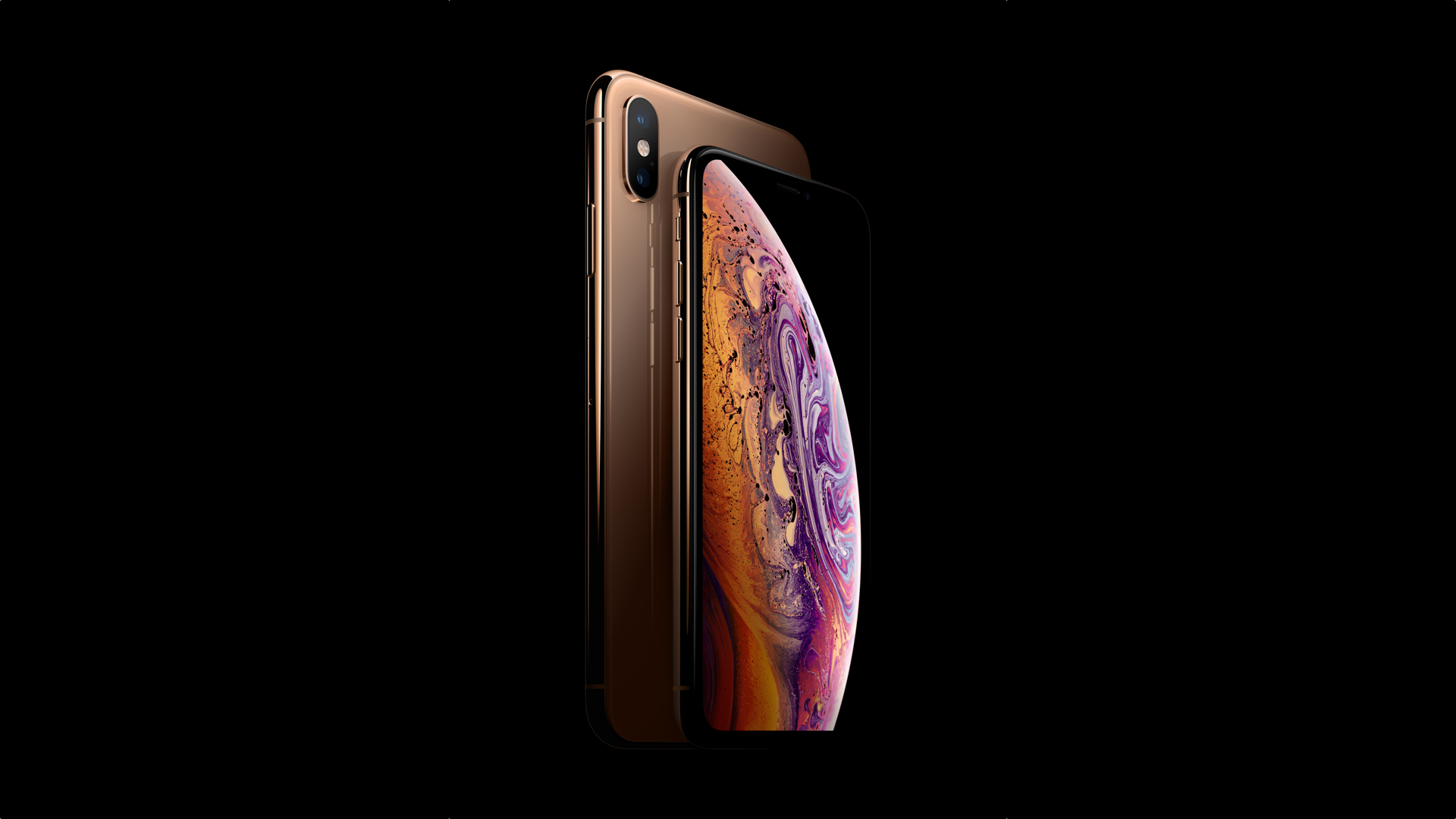
Apple’s most advanced phone gets even more advanced. iPhone X owners won't find a lot here to tempt them other than the camera, but coming from an older iPhone will be a revelation. If you want the most premium handset possible, you've found it.
-
+
Incredible camera
-
+
Massively powerful and fast
-
+
Fantastic HDR screen
-
-
Big without making especially good use of it
-
-
Battery life only average
-
-
Yeah, it's pretty expensive
Why you can trust T3

The iPhone XS Max changes the formula for Apple. For the last few years, when there’s been a ‘plus’-sized iPhone, the bigger one has been definitively better. The screen size is a matter of personal preference, but they’ve also had significantly longer battery life than the smaller iPhones, and dual cameras instead of single-lens affairs.
Maybe that’s why this 6.5-inch model is called the iPhone XS Max instead of ‘plus’ – because while it’s bigger than the 5.8-inch iPhone XS, they’re otherwise practically identical.
Compared to last year’s iPhone X, they’ve been subtly re-engineered pretty much from top to bottom, but does that kind of refinement keep it at the head of our best smartphones list?
- Like big phones (and you cannot lie)? Read our Samsung Galaxy Note 9 review
- Here's our hands-on iPhone XR review – Apple's cheaper phone could be a winner too
- 12 hidden features you might not have found in iOS 12 yet
Apple iPhone XS Max review: price, models and availability
The iPhone X made headlines by hitting the £999 ($999) price mark, and the iPhone XS Max cruises right past that into four figures.
It starts at £1,099 for a model with 64GB, you can leap to 256GB for £1,249, or get the 512GB top-of-the-line model for £1,449. Remember, iPhones don’t have microSD card slots, so you’re stuck with whatever amount of storage you start with.
The iPhone XS Max comes in three colours: silver, space grey, and the new gold finish. The gold is the standout this year – it’s a dark, warm colour that’s somewhere between bronze and pure gold.
The iPhone XS Max (or its smaller sibling) are available to buy from the Apple Store online, or through Carphone Warehouse, Three, Vodafone, O2 and EE.
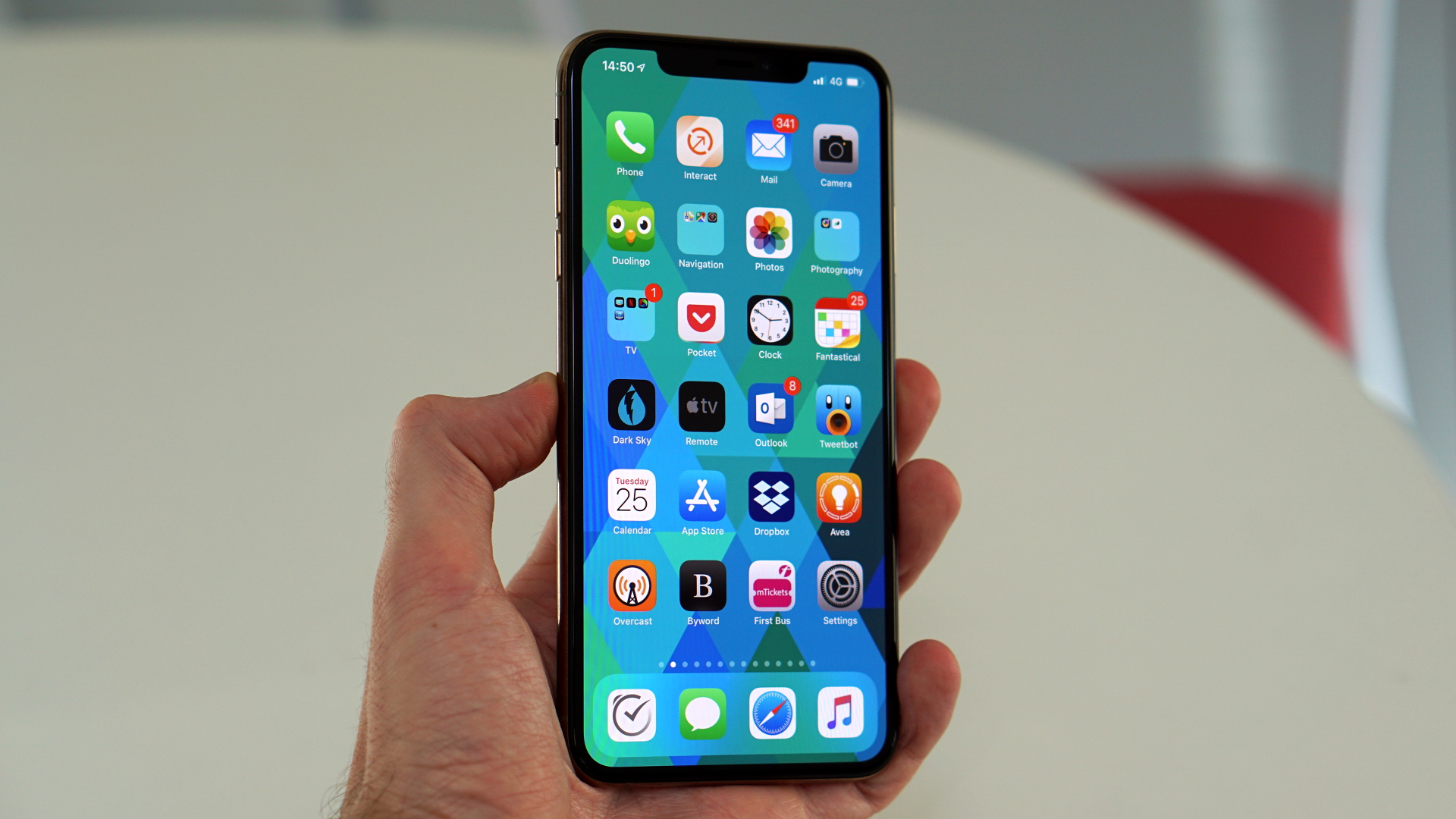
Here is the iPhone XS Max jutting out of the hands of someone in the 98th percentile for height. Yes, it's big
Apple iPhone XS Max screen & speakers
Given that the only major difference between the iPhone XS and the iPhone XS Max is the screen, we might as well start there.
The 6.5-inch 2688x1242 OLED display is absolutely stunning, leading the field in vibrancy and colours without question, even if the 6.4-inch Samsung Galaxy Note9 actually has it beaten for sharpness. When things are this high-resolution, though, the small difference is no problem at all.
Watching movies on the screen is especially impressive: all of Apple’s OLED phones support Dolby Vision, which is the most advanced kind of HDR, and is supported by Netflix and iTunes movies, so there’s plenty of content.
Firing up a blockbuster that makes the most of the dynamic range on offer here puts most TVs to shame – the depth of the blacks and richness of the colours is gripping.
As an added bonus, the stereo speakers actually give you true left and right separation if you’re using them – you can hear things move in space as they travel across the screen. Good headphones will always be better, but the speakers are so clear, loud and well-balanced, that this really doesn’t seem like a bad way to watch something.
They're among the most impressive I’ve heard, though the Razer Phone’s amazing Atmos speakers still have Apple beat, since they somehow also added in height, despite coming from a phone you’re holding just in front of you.
Obviously, the bigger screen of the XS Max makes this experience that much more spectacular than the regular XS (which is the exact same size and resolution as the X before it). But otherwise, the difference between using the bigger version of the phone and the smaller isn’t that pronounced – even less than I’d assumed, to be honest.
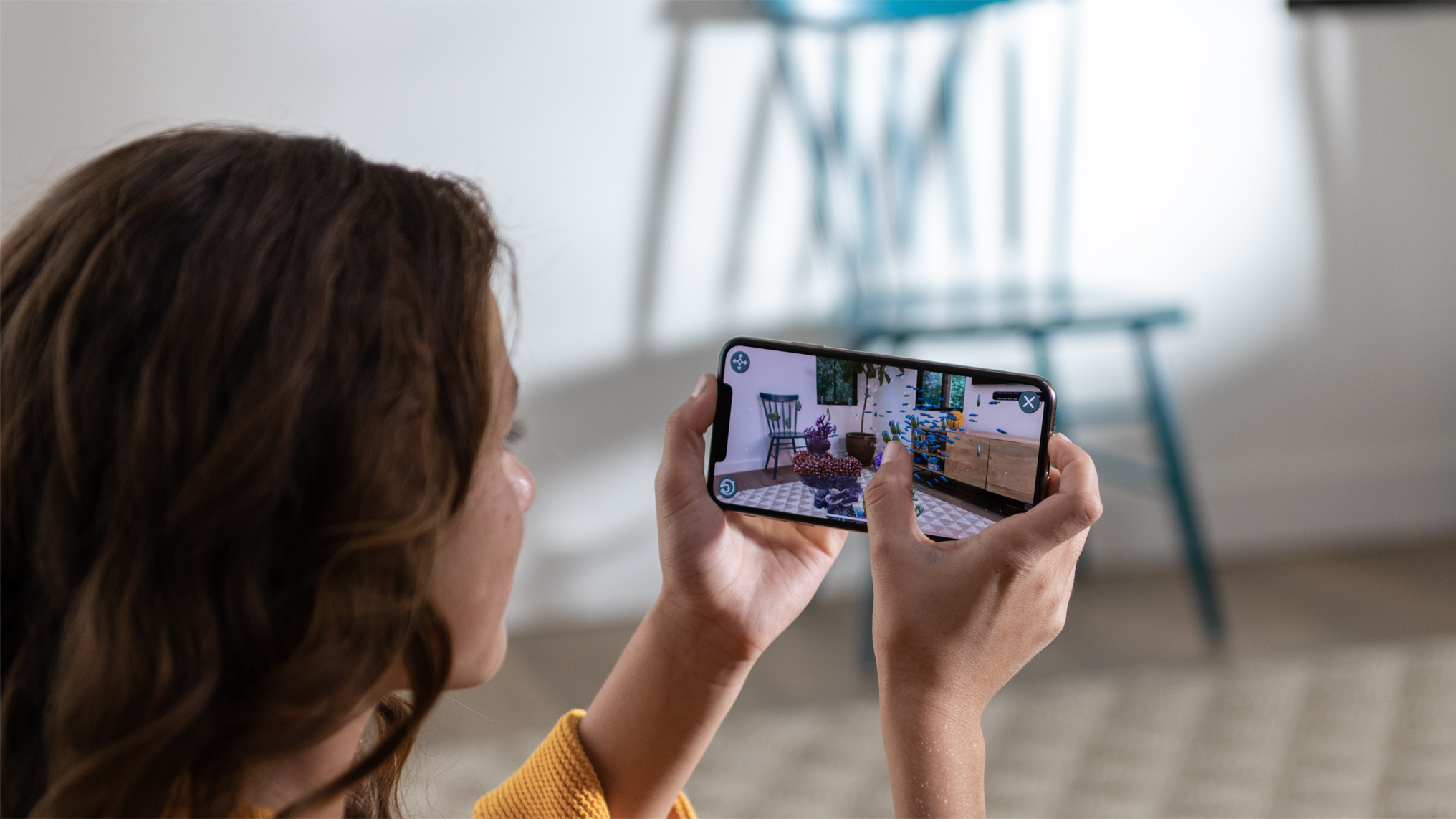
For your average-sized person, this is a two-handed device for sure
A very important piece of context here is that I am a 6' 3" man, and therefore in possession of hands that are not exactly tiny.
Moving from an iPhone X to the Max didn’t feel like anywhere near as big of a jump as expected. I could still type one-handed with only a small adjustment to grip, and reaching across the phone to use universal ‘back’ swipe was fine. Reaching up to the top of the screen became a lot more of a hassle, and I had to use my pinky for supporting the phone more, but none of this left me feeling anything like uncomfortable.
However, the Max is definitely at the edge of what I can use one-handed. Giving the two phone sizes to other people, they don’t have be too much smaller before the Max’s size becomes cumbersome.
Which is fine – that’s why Apple makes two sizes – but outside of making videos and photos look even bigger and better, I have to say that I didn’t find that the bigger screen of the Max did much for me.
The idea is that, like the Plus phones before it, apps can make better use of the bigger screen. Turn an email or calendar to landscape and you get a split view, with a view of your email inbox on the left, say, and a pane showing the selected email’s contents on the right. I know that some power users swear by this, and hated that the 5.8-inch iPhone X didn’t have it, but I have to say that I’ve never found it essential.
On the Samsung Note9, the bigger screen is used for two apps at once, and though they may be quite cramped, anyone can find this to be a productivity boon compared to smaller phones in a pinch. I just wouldn’t say the same about the Max.
That isn’t really a knock against it – as I said, some apps use the screen more carefully, and almost any app can just show more stuff, potentially – but I'm just saying that you shouldn’t get a bigger screen expecting to be an automatic boost to work. The smaller model may actually be faster to use in some cases, because it’s easier to handle.
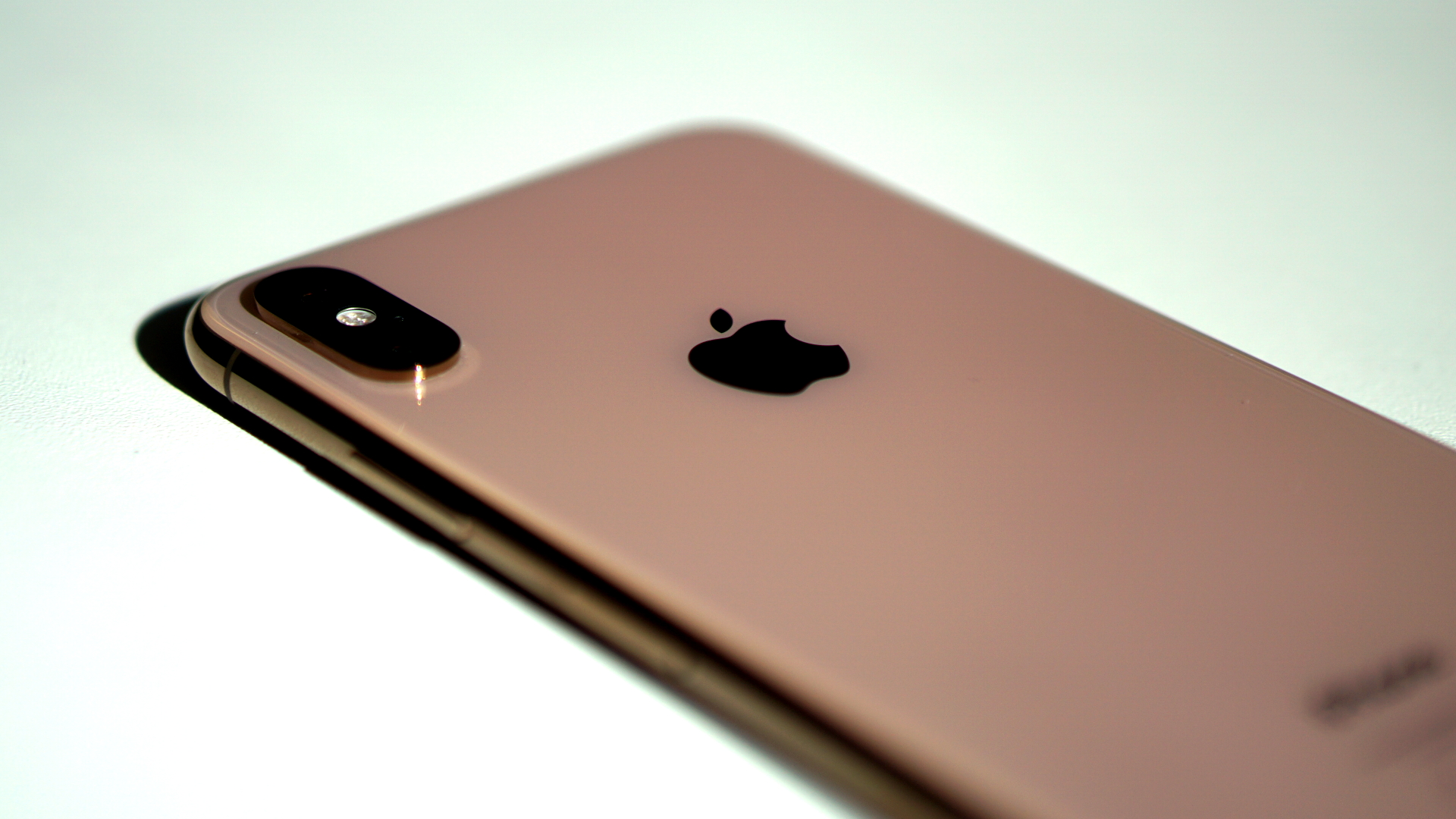
Apple iPhone XS Max review: camera
One area of improvement Apple has, if anything, underplayed compared to last year’s model is the camera. A much bigger (over 30% larger) sensor captures loads more light, while the new extra-powerful processor does more AI analysis of scenes as you shoot them, result in actually a big leap forward in quality.
Low-light shooting in particular is now just about on a par with the incredible Google Pixel 2 camera – it picks up light and details that were fuzzy before. And for bright images, you get even more vibrant colours and crisp outlines (Apple used to favour its photos coming out quite neutral, but this time seems to processing colours with a bit more saturation).
Apple calls its handling of light and shadows ‘Smart HDR’, which helps to avoid shots where exposing for bright sunlight means you can’t see anything in the shadows, or vice versa. It combines multiple shots into one final version where both are exposed correctly, more like how the eye perceives it. The effect is often mind-blowing, producing images that feel impossible (because they were in the old cameras, really).
However, this is also kind of how the Pixel 2 makes its shots look so good, and actually I think that phone still does it better – Apple’s come out just a little on the flat side, while Google’s keep a little more dynamic range in the shadows, which gives them a tad more depth and ‘mood’. This is partly a personal thing, but hopefully a bit of software tweaking could make Apple’s even more pleasing.
There’s a new upgrade to the Portrait Mode feature that enables you to choose how blurry the background should be, which works really well, and give a nice dose of artistic control to the feature.
Intriguingly, and confusingly, you can now record video in HDR… kind of.
Apple calls it ‘extended dynamic range’ instead of HDR. The effect is the same, and looks fab – in high-contrast video, you get dramatic light mixing with deep shadow, and in more balanced shots, there’s just an extra level of detail revealed in shadier parts.
But you can’t view this anywhere else. Apple isn’t using any HDR standard for this (hence the name change), so it gets flattened if you upload the video anywhere else. Sony’s phones record HDR in the HLG format, which is supported by YouTube and loads of TVs, which would be preferable.
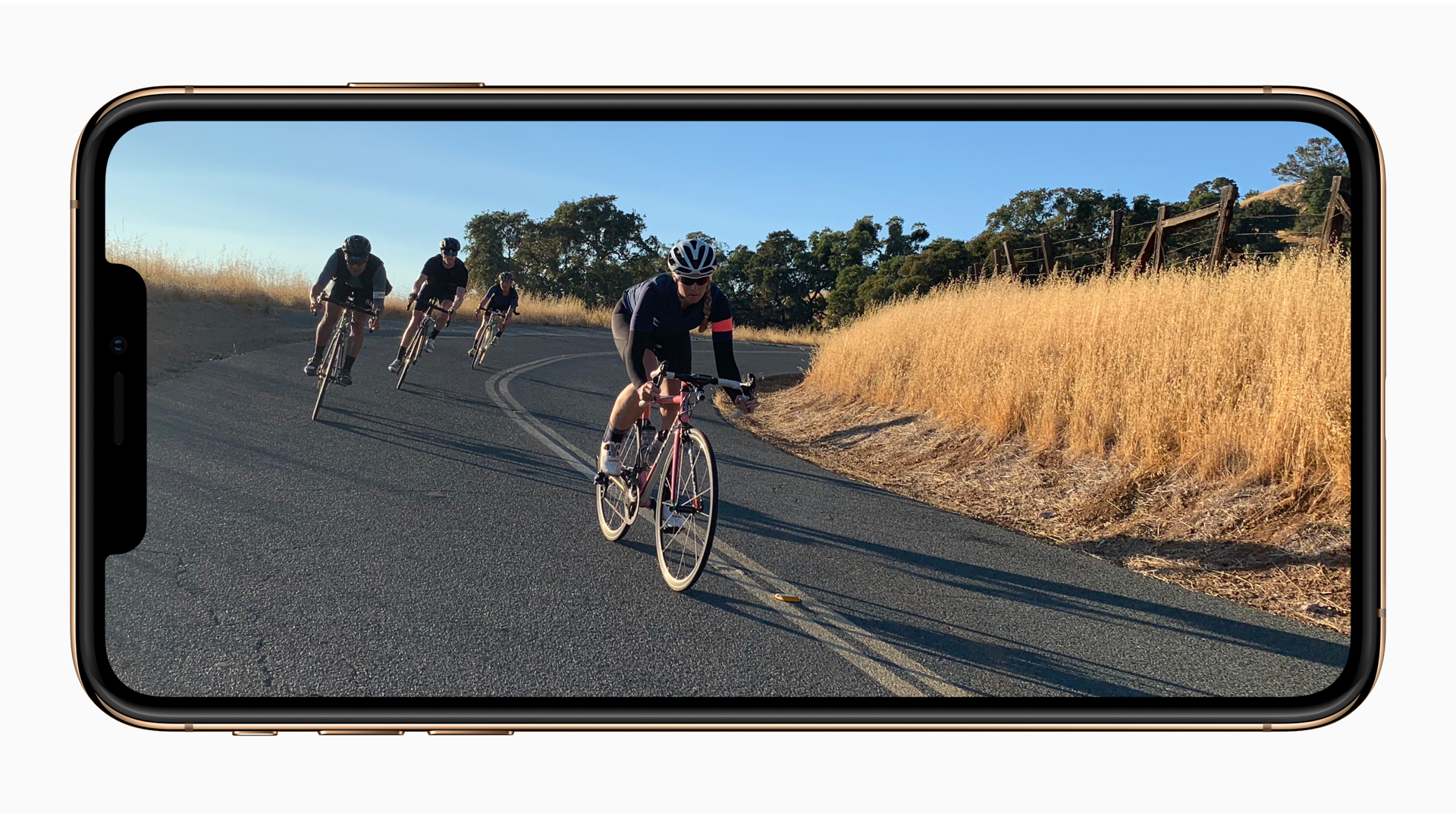
The iPhone now takes HDR-like video, but it doesn't conform to HDR standards currently
Apple iPhone XS Max review: performance and battery
Once again, Apple has once again made the world’s most powerful phone processor, but it’s starting to feel like overkill: the iPhone X was damn fast, and the XS is super-slick as well, no surprise.
Everything is instant, from unlocking, to opening apps, to switching between them. Do we really need levels of power that beat the lower-end of Apple’s laptop range for all this? Who knows, but I'm not unhappy about it.
Apple has promised that the Max gets better battery life than the 5.8-inch XS model, especially since it includes Apple’s biggest battery ever in a phone. It says the XS Max should last an hour longer than the XS, but Apple’s estimates are usually conservative.
In my experience, the Max can definitely last a full day of heavy use, though some tasks (4G hotspotting, or very intense games) will cut hours off that easily. Basically, it’s as good as the equivalent phones from competitors, but no better.
I should mention that Face ID has also been updated (including the ability to add a second face), and I did find it even more reliable the iPhone X for this – it’s gone from excellent to practically perfect in my experience. But it’s only a small change.
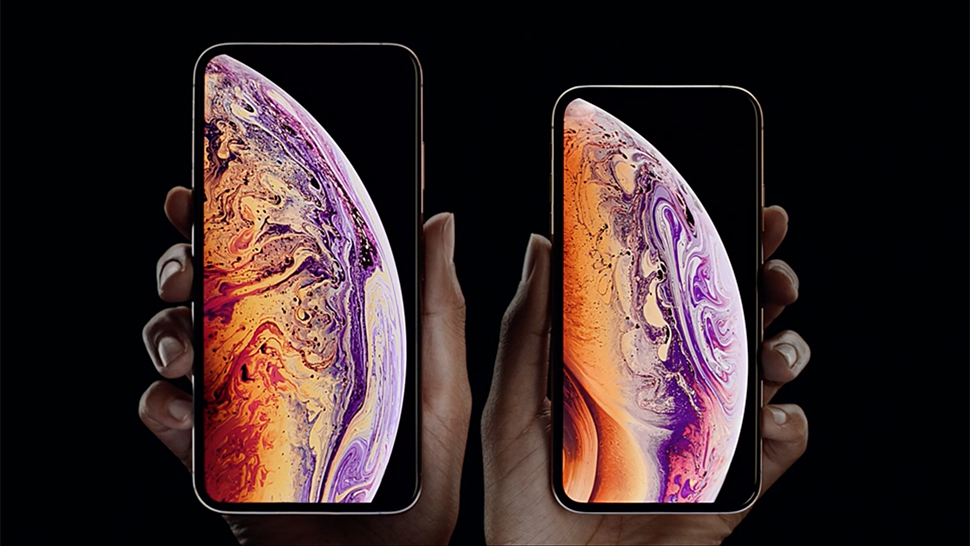
That's over two grand of phones you're playing with there…
Apple iPhone XS Max review: verdict
In the past, Apple’s ‘S’ phones have always been a little faster and more refined, like this year, but have also had a big new feature, such as Siri, or Touch ID. The lack of that in the XS can definitely be felt if you’re weighing it up as an upgrade from the X. If you really love bigger screens and are camera mad, then getting replacing the X with an XS Max will make you happy, but otherwise it’s more like an even more tuned-up version of last year’s phone.
But if you’re on an older iPhone, or are planning to switch and want the biggest and best iPhone out there, the Max is absolutely the phone for you. The sleek steel design hasn’t been bettered, the camera is up there with the best in the world, it’s so smooth to use it feels unreal, and the screen is probably better for movies than your telly.
The Max in particular can be massively expensive, yes, but you won't regret spending the money.
Apple iPhone XS Max review: News & updates
June 5, 2019 – Apple has announced the new features coming to the iPhone XS Max this autumn; you can catch up with all of them in our iOS 13 guide, but here are some of our favourites.
There's a new Dark Mode that takes advantage of the OLED screen's blacks, and stop the phone blaring out hard light in the dark. Changes to the structure of apps makes them much smaller to download and install, and they'll open twice as fast.
A redesigned Photos app does a better job of highlighting shots you've taken in the past and forgotten about, curating a kind of album for you right as you scroll through. There are also more options for the Portrait Lighting feature, and you can now adjust videos in the same as photos for the first time, applying colour changes, rotating it and more.
Apple is doubling down on privacy too, introducing a way to sign into apps without giving away your email or any other personal information. And if you do want to be contact, Apple will generate fake email address that forward to your real one, so you can't be tracked through the address, and you can terminate these any time.
Sign up to the T3 newsletter for smarter living straight to your inbox
Get all the latest news, reviews, deals and buying guides on gorgeous tech, home and active products from the T3 experts
Matt is T3's former AV and Smart Home Editor (UK), master of all things audiovisual, overseeing our TV, speakers and headphones coverage. He also covered smart home products and large appliances, as well as our toys and games articles. He's can explain both what Dolby Vision IQ is and why the Lego you're building doesn't fit together the way the instructions say, so is truly invaluable. Matt has worked for tech publications for over 10 years, in print and online, including running T3's print magazine and launching its most recent redesign. He's also contributed to a huge number of tech and gaming titles over the years. Say hello if you see him roaming the halls at CES, IFA or Toy Fair. Matt now works for our sister title TechRadar.
-
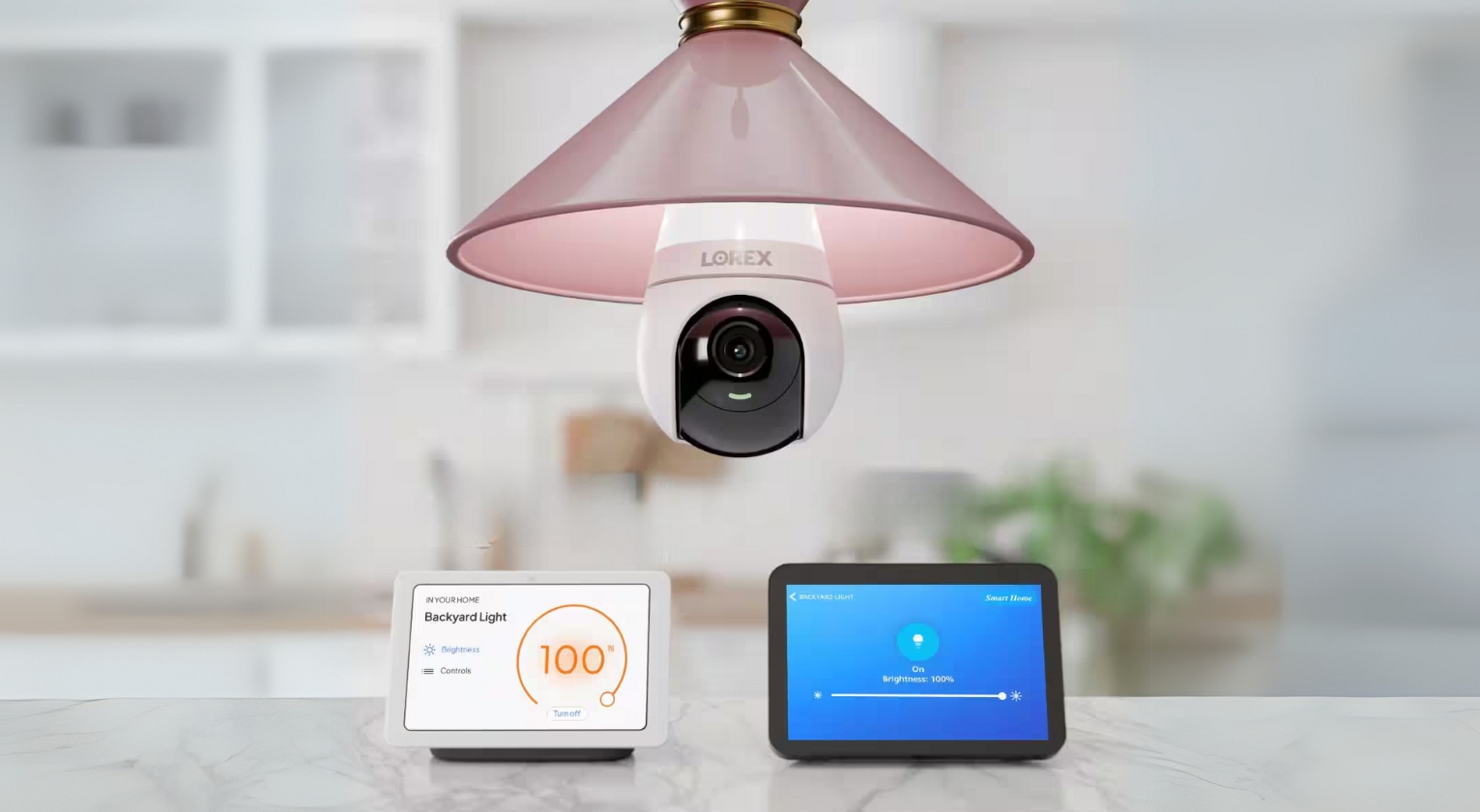 This smart bulb quietly doubles as an indoor security camera – I need it in my house
This smart bulb quietly doubles as an indoor security camera – I need it in my houseSmart home tech or spy tech?
By Lizzie Wilmot Published
-
 I can tell this new Netflix comedy series is going to have a sad twist
I can tell this new Netflix comedy series is going to have a sad twistThe Four Seasons will have light and shade
By Max Freeman-Mills Published
-
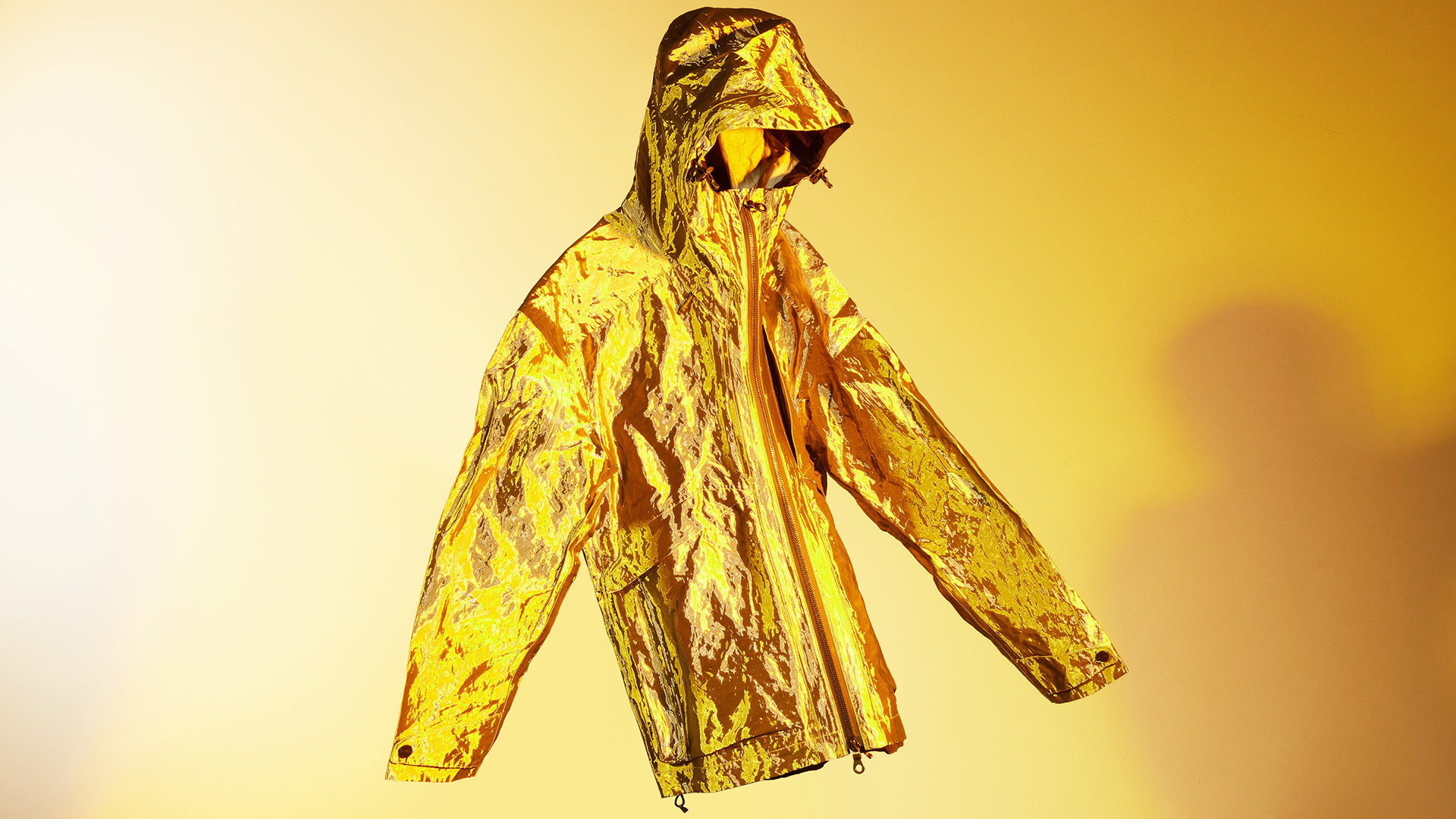 Vollebak's Full Metal Jacket Gold Edition is equal parts luxury, science fiction and bio-armour
Vollebak's Full Metal Jacket Gold Edition is equal parts luxury, science fiction and bio-armourThe most luxurious survival jacket ever made? Possibly.
By Matt Kollat Published